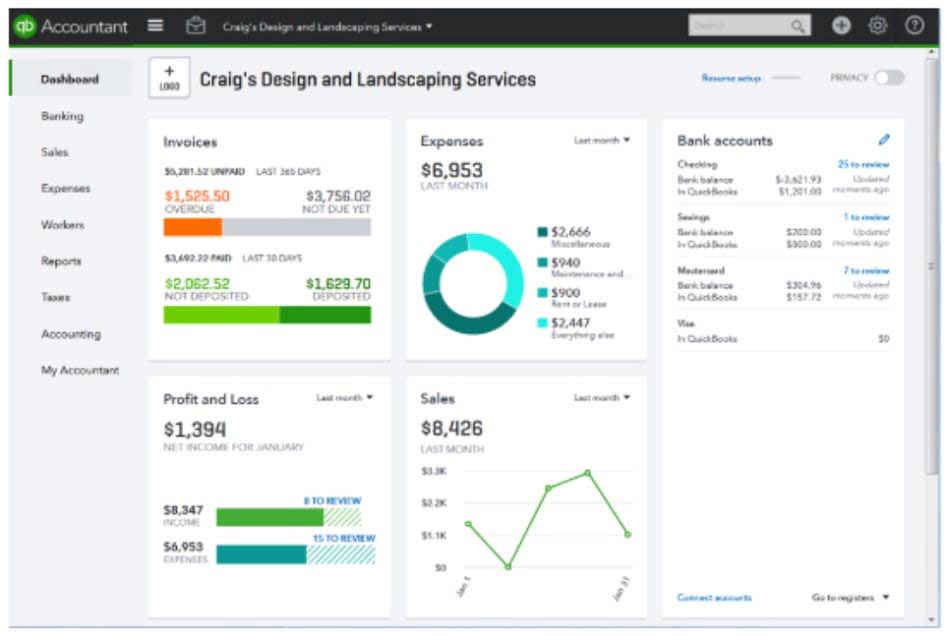
Manual invoice processing is slow, error-prone, and expensive, leading to delays, compliance risks, and strained vendor relationships. Learn how AP automation enhances the efficiency, accuracy, and financial visibility of your accounts payable workflows. This not only speeds up approvals but also enhances transparency and accountability. A cloud-based system ensures that stakeholders can review and authorize invoices from anywhere, reducing the risk of delays caused by paperwork or email backlogs.
Key components of the accounts payable process
- Financial statements are integral to effective financial record-keeping, offering a structured overview of a company’s financial position and performance.
- Timely records ensure that individuals and businesses meet tax filing deadlines and accurately report their financial activities.
- See Government relations – Reporting for records relating to the organisation’s annual report.
- There are many payment methods for small businesses, including cash, check, credit card, and invoice.
- Documents can be bills, receipts, invoices, purchase orders, or other financial reports that indicate a transaction.
Bookkeepers can proactively adapt their practices to ensure compliance by staying current with the latest developments. Spreadsheets offer flexible formulas and functions to Grocery Store Accounting calculate and analyze numerical data, making it easier to identify trends, prepare financial reports, and reconcile accounts. Integrating spreadsheets with accounting software allows seamless data import/export and enhances overall efficiency.

Ricoh Document Scanners
- Changes in regulations or legal requirements can impact the financial reporting obligations of a business.
- A bookkeeper can review your transactions once a week, for example, while the accounting firm provides expert guidance in preparing your taxes and formulating your financial strategy.
- Implementing document security measures can help safeguard the authenticity and validity of financial documents.
- Standardizing approval workflows ensures that all invoices follow a consistent review process, reducing bottlenecks and minimizing the risk of unauthorized payments.
- Additionally, comprehensive financial records serve as evidence to support tax deductions and minimize the risk of audits or disputes with tax authorities.
- Investing cash flow reflects the cash used for or generated from investments in assets, such as property, plant, and equipment.
- These insights enable businesses to make data-driven decisions, optimize payment schedules, and identify inefficiencies in the workflow.
This always-on financial management system eliminates the guesswork, delays, and errors of traditional bookkeeping, offering businesses a fully digitized and real-time overview of their small business record keeping financial health. Technology plays a critical role in enhancing the efficiency, accuracy, and scalability of the accounts payable (AP) process. With businesses increasingly adopting digital tools and automation, leveraging technology allows for significant improvements in workflow management, error reduction, and operational efficiency. An electronic record-keeping system, such as accounting software, makes it easier to capture information, generate reports, and meet tax and legal reporting requirements.
- Additionally, accurate records support compliance with financial regulations and help with strategic decision-making.
- These frameworks mandate transparency and consistency in financial reporting, maintaining investor confidence and facilitating access to capital markets.
- You might be trying to determine which bank account is best for your business and the difference between debits and credits while juggling the many record-keeping habits you need to manage.
- Either way, outsourced services are usually much cheaper than hiring a full-time staff member.
- BILL provides a comprehensive financial operations platform that streamlines invoicing, bill pay tasks, and expense management to make them even easier.
- It is also important to note that the maturity model represents an initial evaluation.
The Importance of Keeping Financial Records
To keep financial records updated and reliable, one should develop a regular schedule for updating books, utilize accounting software for accuracy and consistency, and perform regular audits. Effective financial controls and procedures are essential to ensure the accuracy of an organization’s financial records. They serve as safeguards against errors and fraud, and are critical for compliance with regulatory requirements. Financial records encompass a range of documents that track a business’s monetary transactions.
These reports offer comprehensive insights into the financial activities and outcomes for a designated period. Adapting to changes in accounting standards and regulations is crucial to ensuring compliance in financial record-keeping for bookkeepers. In addition net sales to monthly reviews, bookkeepers may choose to conduct quarterly reviews for a more comprehensive analysis. Quarterly reviews help identify trends, assess financial performance over a longer period, and provide a broader perspective on the business’s financial health. If the business consistently faces issues with meeting financial obligations, paying bills, or experiencing unexpected cash shortages, it may indicate inaccurate or outdated financial records. Reviewing and updating the records can help identify the root causes of cash flow problems and implement appropriate measures to improve the situation.
Advantages of Automated Systems

Here are some of the most commonly asked questions about the bookkeeping process. As a small business owner, you have three basic options when it comes to bookkeeping. This guide explains the fundamentals of bookkeeping—with practical tips to help you build an effective bookkeeping strategy for your business.

Non-compliance can lead to severe penalties, including fines and legal repercussions. Accurate financial records are the backbone of a successful business, offering a reliable foundation for evaluating performance and making informed decisions. They are indispensable for assessing profitability, liquidity, and solvency—crucial metrics for stakeholders such as investors, creditors, and management. A company that meticulously tracks its financial data can forecast cash flow needs, ensuring liquidity to meet obligations and seize growth opportunities. Effective financial record-keeping involves more than logging transactions; it requires an organized approach to managing financial documents and statements. This foundation supports strategic planning and compliance with regulatory requirements.
